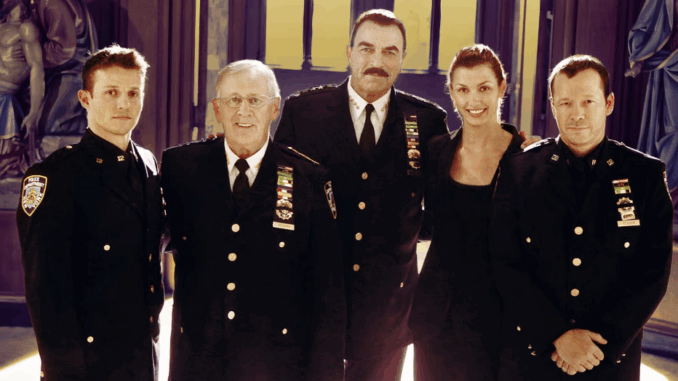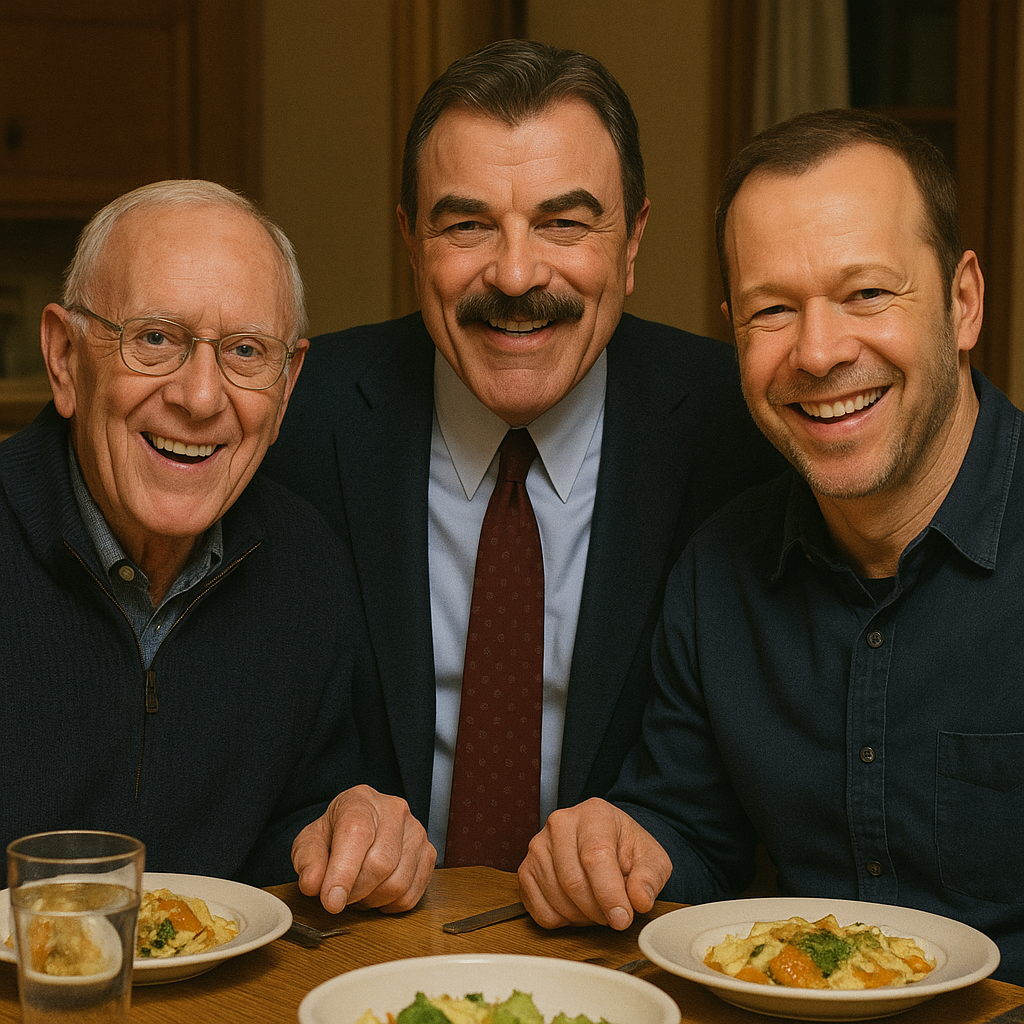
Every Sunday night on screen, they gather around the dinner table. Not to solve a case, but to listen, to debate, to connect – like a real family in the heart of chaotic New York City.
Blue Bloods isn’t just a cop show. It’s the journey of a three-generation family, where each member fights for justice – and for each other.
In the vast landscape of television procedurals, Blue Bloods carves out a unique space, distinguished not just by its compelling crime-solving, but by its unwavering focus on the Reagan family. This isn’t just a police drama; it’s a profound exploration of lineage, legacy, and the complex bonds that tie a family together, even when their professional lives are fraught with danger and moral dilemmas.
The iconic Sunday dinner scenes are the heart of the show. These aren’t just filler moments; they are central to the narrative, showcasing the family’s diverse perspectives, their fierce loyalty, and their often-heated but always loving debates. It’s where the personal and professional intersect, where advice is given, grievances are aired, and understanding is ultimately found. It’s a ritual that grounds them amidst the daily chaos of upholding the law in one of the world’s busiest cities.
The Reagan family embodies different facets of law enforcement and justice, each member bringing their unique experiences and ethical considerations to the table:
- Henry Reagan (the Patriarch): The retired Police Commissioner, Henry, carries the hard-earned wisdom and stoicism of an older generation. He’s the family’s bedrock, offering historical context and unwavering moral support, often with a wry sense of humor.
- Frank Reagan (the Current Commissioner): As the sitting Police Commissioner, Frank bears the weight of an entire city on his shoulders, yet he never neglects his children or grandchildren. He’s the stoic, principled leader who always puts family first, providing guidance and a steady hand through every crisis.
- Danny, Erin, and Jamie (the Next Generation): These are the children, each facing daily choices between right and wrong in their respective roles as a detective, a prosecutor, and a police officer. They lean on each other for support, advice, and understanding, navigating the complexities of their demanding careers and personal lives.
- And Those Who Are Gone – Like Joe Reagan: The legacy of those who are no longer with them, particularly the eldest son Joe, continues to live on in every conversation, every memory, and every shared glance around that cherished dinner table. Their absence underscores the preciousness of the family that remains.

Through triumphs and tragedies, intense arguments and shared laughter, the Reagans demonstrate that “Family is the only place where, after every heated debate… you still know you are loved.” This sentiment resonates deeply with viewers, making Blue Bloods more than just a police procedural; it’s a testament to the enduring power of family, loyalty, and the pursuit of justice, all bound together by those unforgettable Sunday dinners.